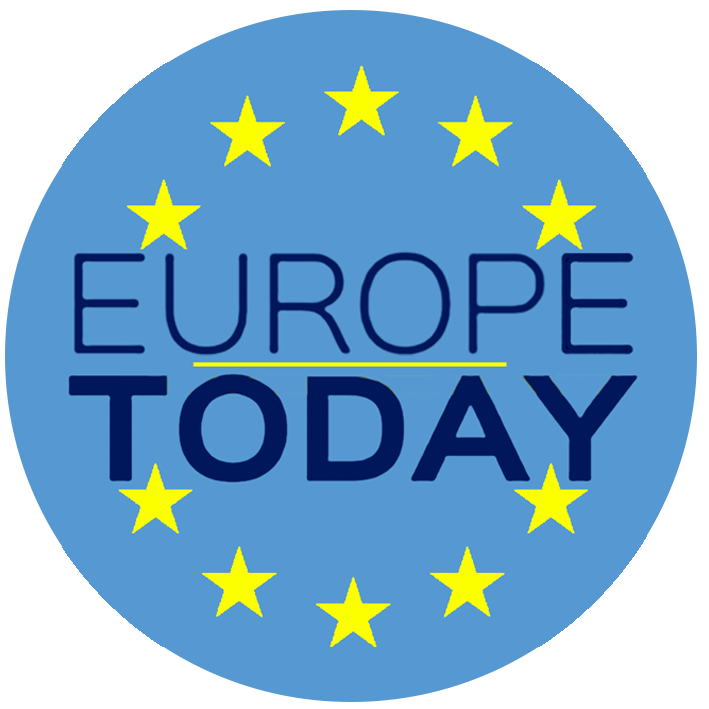
By Leo Klinkers |
On July 4th, 1776 the 13 British colonies in America issued the famous Declaration of Independence. They said goodbye to the English king, motivated by the wish: never again tyrannical rule from a king or whatever autocrat. The 13 former colonies began establishing state-structures, each on its own, under the aegis of a confederal treaty. It became a mess. It urged James Madison to acquire a green light from George Washington, the then leader of the Confederation, to convene in 1787 the Convention of Philadelphia, a group of 55 representatives from the 13 embryonic states. Within two weeks the Convention threw the confederal treaty in the waste paper basket and designed a federal constitution. The first one in world-history, based on thinking by European philosophers (Montesquieu, Locke, Althusius, Rousseau and others).
So, Britain had to swallow two severe blows: first the successful independence of their former colonies, and second a constitutional innovation without precedent. At that time in history England was the biggest empire in the world. After recovering from the two severe blows they understood that their other colonies, protectorates, mandates, and whatever territory they possessed, might follow the American example.
So, around 1803 England itself began a process to federalize its whole empire in order to keep all territories within the realm of the British kingdom. Their striving for making their empire a large federation included even countries of the European continent and their former colonies – now being the United States of America. This process continued with ups and downs until June 1940. In that month – while the German troops were ready to take Paris – Winston Churchill offered the French Prime Minister Paul Reynaud a British-French federation under the condition that France would not surrender.
So, about one and a half century Britain were leading an enormous process of federalization of a large part of the world. However, it never managed to complete it. During the years, and especially after World War II, the United Kingdom even lost its main territories which became federations themselves: Canada, Australia, India.
It is very strange to see that during the Brexit process Britain’s 140 years federalist endeavors hardly popped up in the media. The Guardian published some articles by authors who claimed that Brexit should and could be seen as an impetus to pick up Britain’s own striving for federalizing the island itself. But all in all, the idea of upgrading England’s devolution system (Scotland, Wales and North Ireland have their own parliament, government and policy domains) into a federal country is overshadowed by the weight of Brexit. Moreover, being so deeply involved in Brexit hardly anyone dares to step forward with a statement that a European Federation, including England, would be far better for the United Kingdom than Brexit.
Would it be unthinkable that this idea – a European Federation including the UK – will come on the table, sooner or later? Well, normally we need dramatic crises for politicians to urge them implementing radical innovations. If the Brexit process will get further aggravated until the end of 2020, and if other EU-countries get infected by the germs of secession from the EU, it is not inconceivable that the only way out will be a manoeuvre out-of-the-box: creating the United States of Europe.
It is even thinkable that the federalist Michel Barnier, who leads the Brexit negotiations on behalf of the EU, will offer the UK – when the so-called ‘shit hits the fan’ – the opportunity to establish a European Federation together with a number of the EU- countries. This also would restore the unity within the United Kingdom, because Scotland and Northern Ireland would then no longer have the need to separate.
 Leo Klinkers – Editor
Leo Klinkers – Editor
Leo Klinkers graduated in 1968 from the Faculty of Law at the University of Utrecht in the Netherlands. After a few years working in local government, he became responsible for research and education in public administration at the Law Faculty of Utrecht from 1971 until 1983. He wrote his Ph.D. thesis in 1974 on open access to Government documents.
Between 1971 and 1983 Leo Klinkers developed a method for interactive bottom-up policymaking. This methodology has been published in a number of books and articles and applied in many projects in the Netherlands and abroad.
Since 1983 he has worked as an independent consultant in public administration in several countries, as well as for the EU and the UN. In 2013 he was co-author of the ‘European Federalist Papers’ with Herbert Tombeur.
He recently finished his last book ‘Sovereignty, Security and Solidarity, arguing why and how the present intergovernmental administrating system of the EU should be replaced by a federal system and thus creating The United States of Europe, making America Europe’s little brother.
He is actually a co-founder and member of the Promoting Committee of FAEF (Federal Alliance of European Federalists)
WATCH THE VIDEO by the author of the article, Leo Klinkers, and discover his thought about the question why Europe has not a federation, while the United States of America already have it since more than two centuries.

